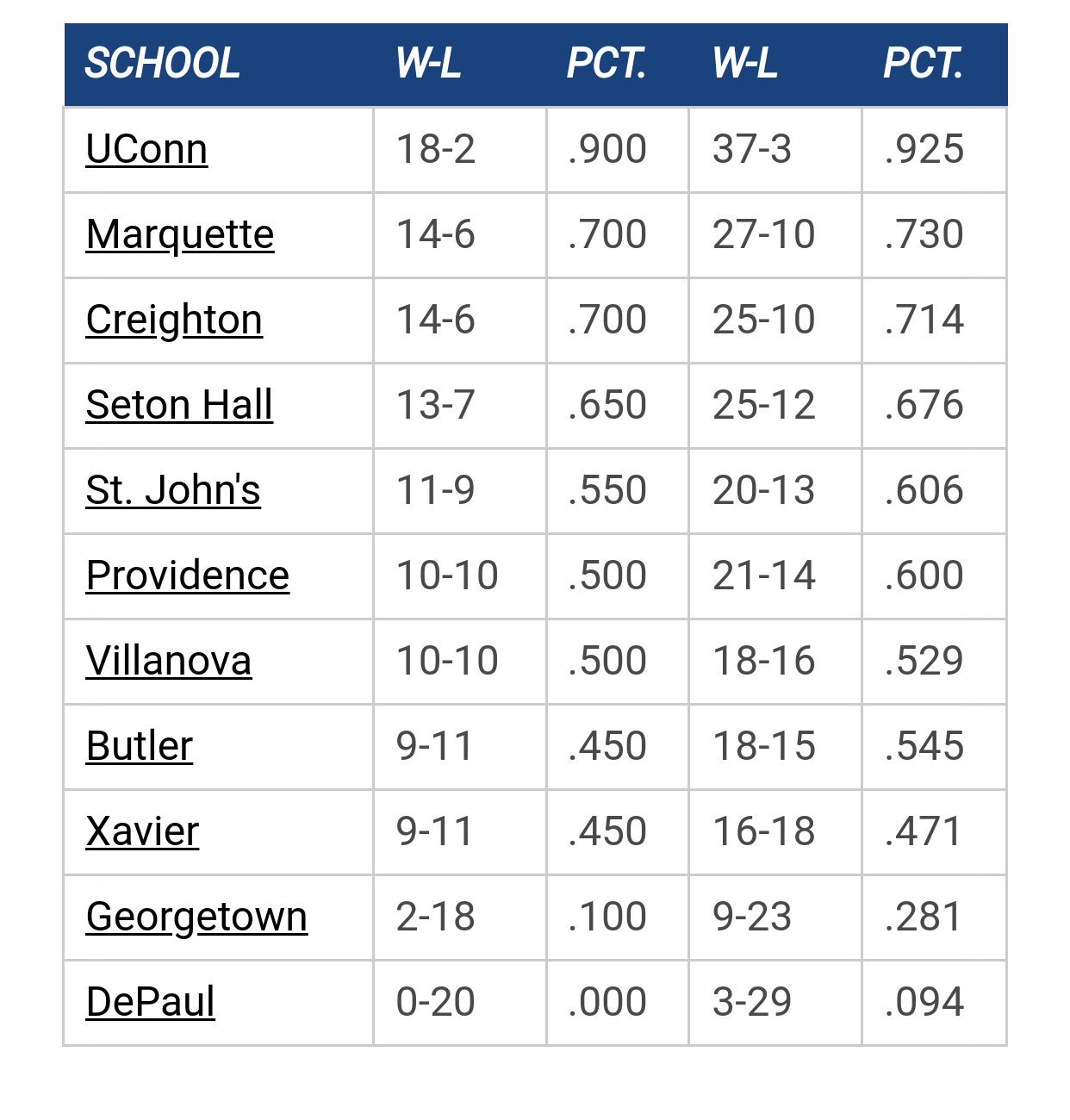- Welcome to MUScoop.
Really Good Day for the Future of Marquette Basketball by Pakuni
[Today at 07:29:49 AM]
2025-26 Big East Conference TV Schedule by Mr. Nielsen
[Today at 07:08:45 AM]
Shaka cost us the game tonite by tower912
[Today at 06:40:52 AM]
2025-26 Big East Thread by Xact
[February 14, 2026, 11:07:23 PM]
MU/XU Game Thread by MarquetteMike1977
[February 14, 2026, 11:00:18 PM]
2025-26 College Hoops Thread by GoldenEagles03
[February 14, 2026, 08:57:55 PM]
James/Stevens by We R Final Four
[February 14, 2026, 06:37:42 PM]
[Today at 07:29:49 AM]
2025-26 Big East Conference TV Schedule by Mr. Nielsen
[Today at 07:08:45 AM]
Shaka cost us the game tonite by tower912
[Today at 06:40:52 AM]
2025-26 Big East Thread by Xact
[February 14, 2026, 11:07:23 PM]
MU/XU Game Thread by MarquetteMike1977
[February 14, 2026, 11:00:18 PM]
2025-26 College Hoops Thread by GoldenEagles03
[February 14, 2026, 08:57:55 PM]
James/Stevens by We R Final Four
[February 14, 2026, 06:37:42 PM]
The absolute only thing required for this FREE registration is a valid e-mail address. We keep all your information confidential and will NEVER give or sell it to anyone else.
Login to get rid of this box (and ads) , or signup NOW!
St. John's Date/Time: Feb 18, 2026, 8:00pm TV: TNT Schedule for 2025-26 |
||||||
User actions


